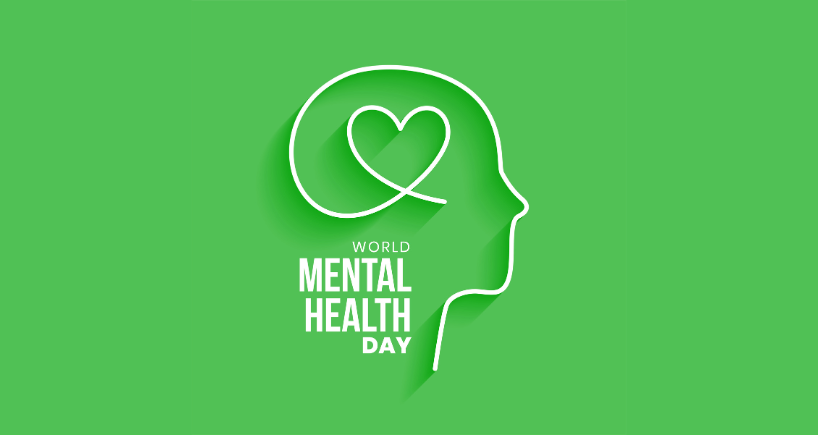
Importance of Creating Psychological Safety at the Workplace - Roshni Sondhi
There have been growing conversations around mental health in the recent past, recognizing the need to prioritize psychological well-being in the context of self, in educational settings, in interpersonal relationships, within the context of families, and so on. The workplace is no exception. In fact, the theme for the World Mental Health Day in 2024 which is set by the World Federation for Mental Health also reinforces the same: “It is time to prioritise mental health in the workplace”.
If we take a glimpse at some of the facts and figures pertaining to mental health at the workplace, 15% of working-age adults were estimated to have a mental disorder (WHO,2019). Further, the WHO’s World Mental Health Report in 2022 highlighted the workplace as a key example of a setting where transformative action on mental health is needed.
Importance of Psychological Safety at the Workplace
In today’s dynamic work environment, fostering psychological safety is becoming an increasingly critical factor for organizational success. The concept, introduced by Harvard Business School professor Amy Edmondson, refers to a belief held by team members that they can speak up, take risks, and make mistakes without fear of embarrassment or retaliation. A workplace characterized by psychological safety encourages open communication, fosters innovation, enhances team performance, and improves employee well-being.
Psychological safety lays the foundation for transparent communication within teams. When employees feel safe to express their thoughts, concerns,j and ideas without the fear of judgment or reprimand, they are more likely to contribute meaningfully. Open communication helps identify problems early, enabling teams to find solutions collaboratively. It also ensures that critical feedback flows freely, improving processes and driving better decision-making.
Psychological safety is not just about improving organizational performance; it is also deeply connected to the mental health and well-being of employees. A workplace where individuals feel safe is less likely to be a source of chronic stress or anxiety. Employees are able to express concerns, seek help when needed, and take the necessary steps to manage their workload and personal well-being.
Protecting and Promoting Mental Health at Work
Preventing mental health conditions at work could have more than one aspect. Firstly, it is about managing psychosocial risks in the workplace. The World Health Organization recommends implementing universal organizational interventions that directly target working conditions and environments. These interventions include participatory approaches and proactive efforts to reduce emotional distress and improve work-related outcomes. Such interventions could include, for example, providing flexible working arrangements, or implementing frameworks to mitigate stressors adaptively at work.
Specifically striving towards the protection of mental health at work, there could be a multi-pronged approach adopted by organizations. This could include planning sessions for awareness, training and sensitization in organizations, enabling employees to recognize and respond to colleagues experiencing emotional distress. There could be life skills training aimed at building interpersonal skills like open communication and active listening, and equipping them with adaptive skill sets to cope with stressors at the workplace. Such conversations can go a long way towards building mental health literacy, while also reducing stigma and hesitation related to mental health.
Creating psychological safety at the workplace is no longer an option but a necessity for organizations seeking to thrive in a competitive and fast-changing world. It fosters a culture of open communication, supports innovation, enhances team performance, and improves employee well-being. Leaders play a pivotal role in cultivating this environment by encouraging trust, valuing diverse perspectives, and reframing mistakes as learning opportunities. As the demands on the workforce continue to evolve, psychological safety will remain a critical component of a successful and healthy workplace.
It is a collective societal responsibility to work towards such a vision, aimed at a preventative approach not just targeted at improving psychological well-being of employees, but also at creating a positive work culture for the organization at large.



















